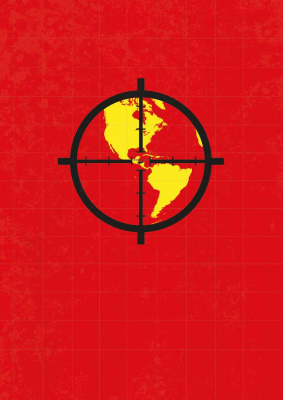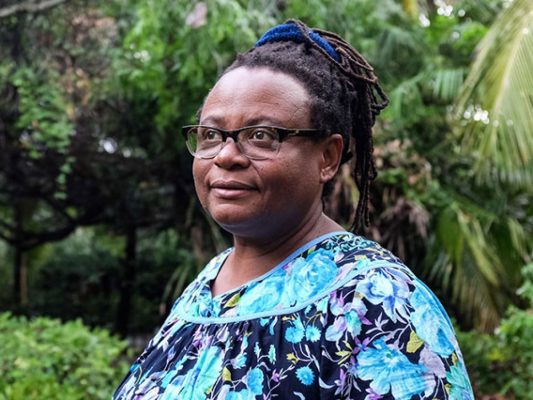In the Philippines attacks continue against farmers and leaders of indigenous communities who have dedicated their lives to the defence of their land and rights. As the Duterte administration and its Armed Forces of the Philippines (AFP) announced their new counter-insurgency plan Oplan Kapayapaan, replacing Oplan Bayanihan, attacks targeting land and environmental activists, perpetrated by private armies of landed families and mining firms complicit or in connivance with state security forces, have become routine.
On January 5, 2017, around 4pm, Venie Diamante, 43, a T’boli and municipal tribal chieftain, was brutally killed by an unnamed assailant on board a motorcycle while on his way home from Koronadal City. Residents from the community attested that Diamante was a good person and a respected tribal leader. The police then showed a petition to survey the area which is part of the T’boli ancestral domain, a move that Diamante had strongly advocated against.
Weeks later, on January 20, 2017, two activists in Surigao del Norte and in Negros Occidental were killed. Katribu regional party list coordinator Veronico Delamente, 27, a Lumad-Mamanwa and member of Kahugpungan sa Lumadnong Organisasyon (KASALO) was shot by two unnamed assailants. On the evening of the same day, around 8pm, Alexander Ceballos, 54, regional council member and district area coordinator of the National Federation of Sugar Workers (NFSW) was gunned down by two unnamed assailants near his house.

 In
In
